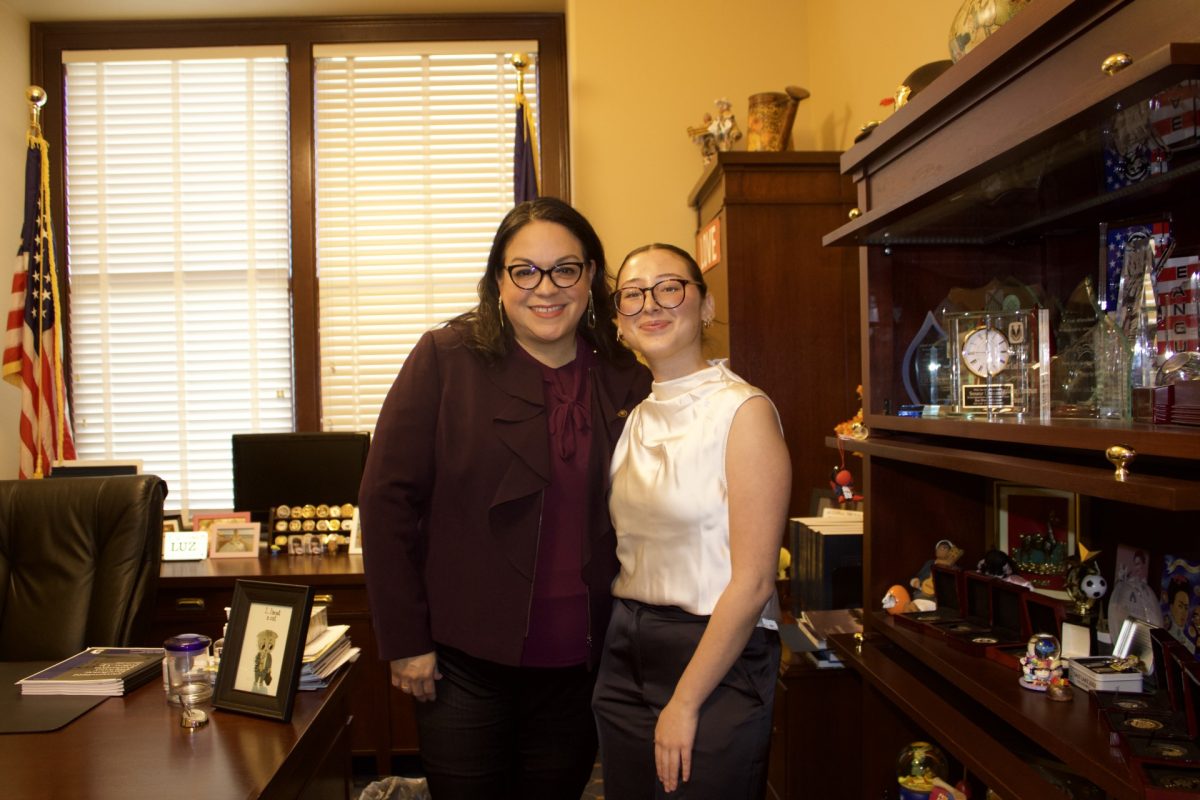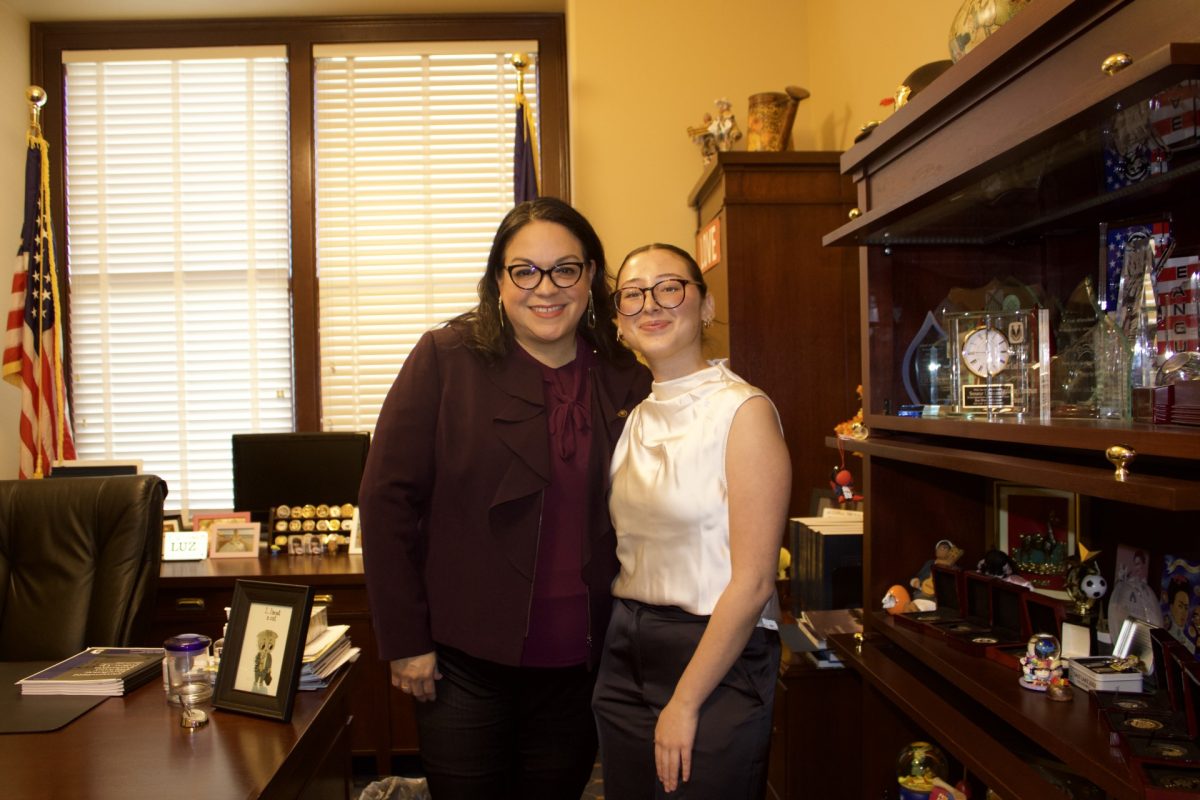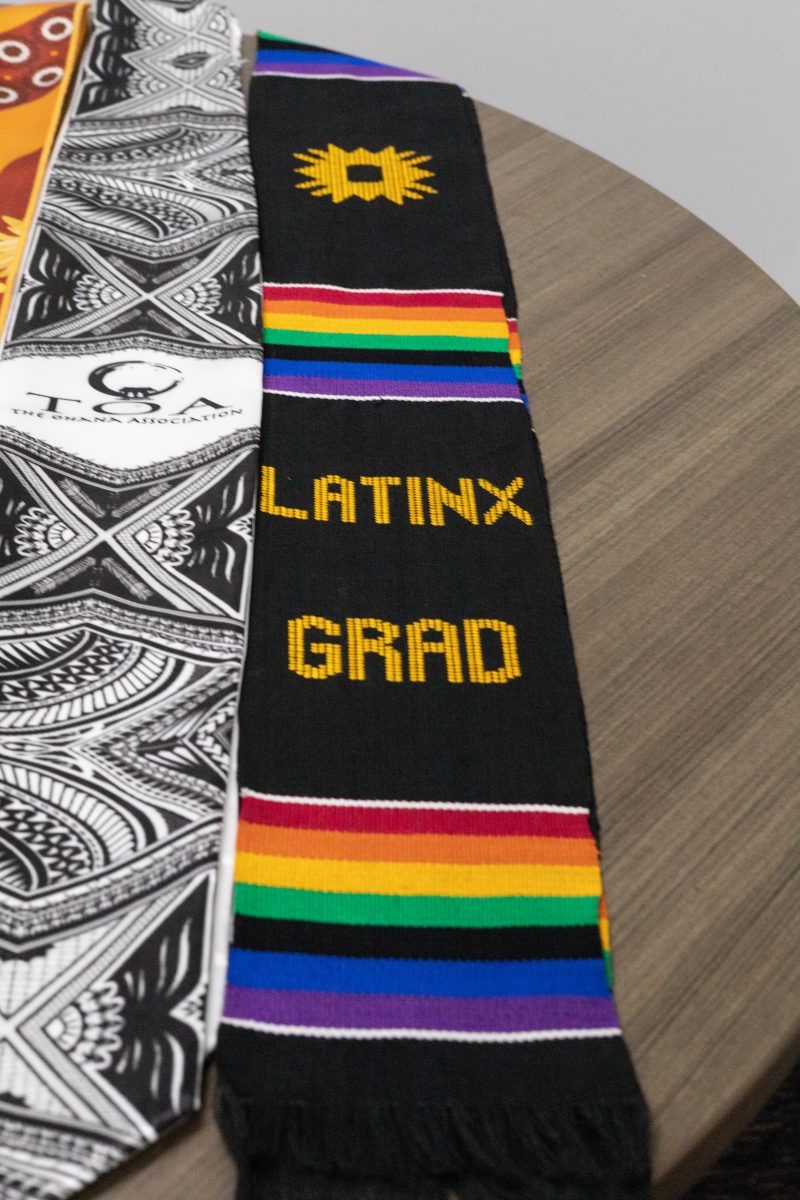Music streaming services and social media platforms like TikTok have ultimately changed the way music is listened to and discovered by audiences.

In part, this is due to increasing digital connectivity. Many musicians now have the ability to have their music discovered and go viral overnight. Virality is not a new feature of the internet, but it is occurring at a seemingly exponential rate.
Olivia Rodrigo and Surfaces are just two examples of the many artists who have been discovered and popularized in such a short amount of time due to the rapid acting nature and design of using music in multimedia posts.

Whether the songs by these artists are used ironically in a TikTok video, or the music is genuinely well written, these songs eventually make their way to playlists. Individual playlists, yes, but more importantly, curated playlists.
Curated playlists often have certain themes or musical genres that they adhere to. They are a way for listeners of a genre or artist to find closely related music.
These curated playlists made by algorithms, companies, record labels and even paid individual users are constantly growing and expanding, exposing listeners to songs that they would not have likely heard of otherwise.

Before streaming services, in the time of record label tycoons, labels would produce a select few musicians and market them on the radio. This was expensive, so labels would take fewer risks with the types of music they would select to record and promote, resulting in a handful of musicians that many people would know, because that was the music that was available to be purchased and listened to.
And while there are still collectors of CD and vinyl, these mediums remain largely for collectors and are not the dominant way people discover music due to its cost. Economically, a person can’t beat the subscription price of $5-10 per month for a streaming service, where new records range anywhere from $20-30.

Before, record labels had an immense amount of power deciding who to produce and where to market the music. Now, musicians can record music in their own bedrooms. Musicians like Clairo, Mac Demarco, Boy Pablo and Cuco helped catalyze the genre of bedroom pop, and now this DIY approach of recording and marketing has become quite pervasive in the music industry. Musicians can now go through a service like CD Baby and pay a one-time fee of $69 to get their music on every streaming platform.

This brings up the question of what a record label is needed for in today’s music industry. If distribution and recording can be done on a smaller and more affordable level, and most people do not listen to the radio or discover music though the previous distribution methods like they used to, why would a musician want to be signed to a record label?
We no longer live in a time where what we listen to is dictated by record labels. We now have access to a wider selection of music that has allowed for more and more obscure preferences in music to be listened to and recorded, and that’s something that’s worth celebrating for music lovers.




















